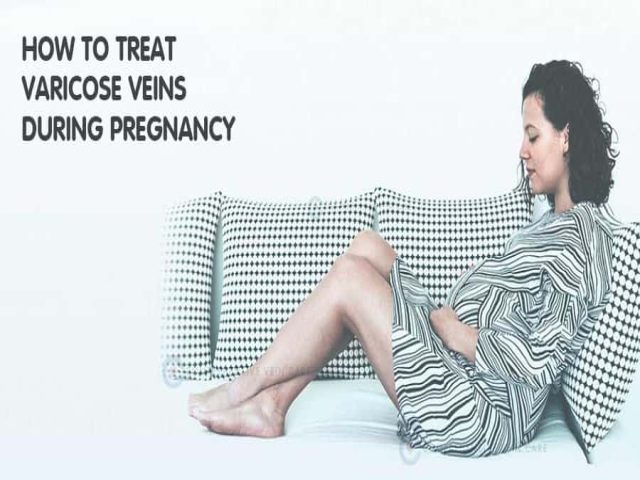
During your pregnancy, Varicose Veins would be the last thing to cross your mind. If you’re suffering from Varicosities during pregnancy, don’t panic you’re not alone. Almost, 20 percent of American women suffer from venous disorders and varicose veins while pregnant.
What bodily changes during pregnancy cause varicose veins?
American Pregnancy Association explains that during pregnancy this is what your body goes through.
- The blood volume in your body increases
- Blood flow decreases from your legs to the pelvis
- Pressure on veins increases
- An increase in Progestin levels may dilate or open the veins
- Added pressure from the uterus to the vena cava (blood from the legs and feet is carried to the heart by this vein)
Generally, varicose veins are harmless, but they can cause itchiness and extreme discomfort.
Varicose veins can also occur in these areas of your body
We assume that varicose veins only develop in the legs, but during pregnancy, they can also occur in the vaginal area (vulva) and the buttocks.
Handling morning sickness and swollen feet are commonly expected during pregnancy. But often due to constipation, Haemorrhoids (a type of varicose veins in the rectum or anus) are quite common as well.
It’s not all doom and gloom!
There are several natural remedies to treat or prevent varicose veins during pregnancy. Some of the preventive/remedial measures include:
Regular movements
Staying in the same position for long periods is one of the worst things for your veins. Take a break from your position at least every 30 minutes for good blood flow and healthy veins.
Keep Yourself Hydrated
“Water is your best friend” is not just a saying. Drink plenty of water to prevent the chances of constipation and the strain that comes with it.
Take a Break, Put Up Your Legs
Give your legs a break from working hard all day. Take occasional time to elevate your legs above your heart to generate healthy blood flow.
The Best Side To Sleep
Sleep on your left side to avoid adding pressure to the main veins (inferior vena cava).
Pinch of Salt Is What You Need
Reduce your sodium intake to reduce any swellings of the veins.
Veins Before Heels
Swap your high heels for a pair of flats to get your calf muscles working. Good muscles mean good circulation.
The Good Ol’ Exercise
Consult your doctor first to confirm which exercises suit you best during your pregnancy. However, a daily walk could improve your vein health vastly.
Stockings To Save The Day
You can use compression stockings to keep your ankle and feet swellings in control. Also, compression garments that support the pelvis are a great option for vulvar varicosities.
The good news is that following their pregnancies, many women experience their vein issues either better or resolved. So you might not even require treatment.
Are varicose veins still persisting you even after your pregnancy?
If you are suffering from vein issues even after pregnancy, Dr Umerani and his specialized staff will guide you through about suitable treatments recommended for you.
Comprehensive Vein Care, situated in Springfield, Ohio, has a specialized team that will address your specific needs and will relieve your venous discomforts.